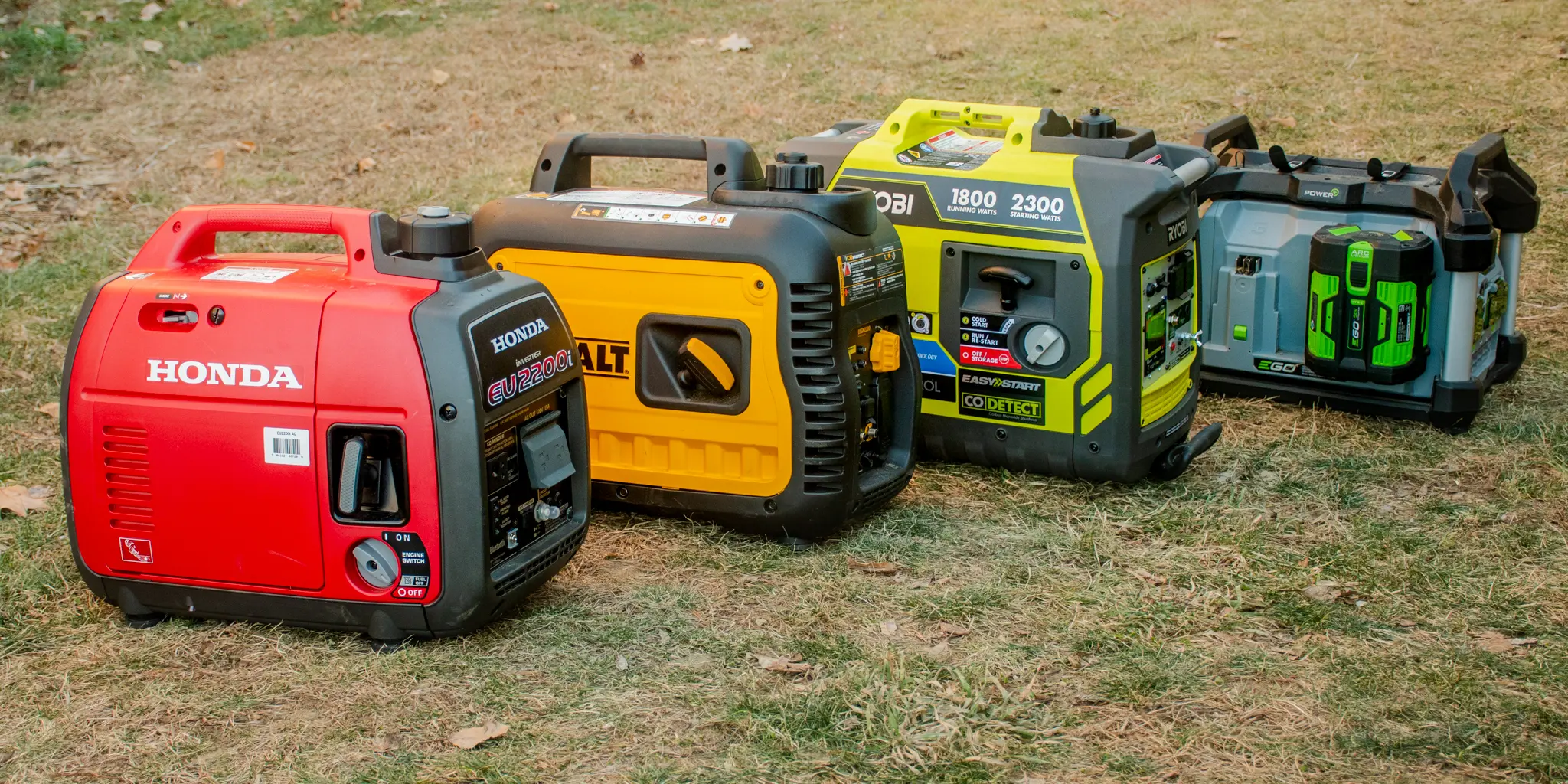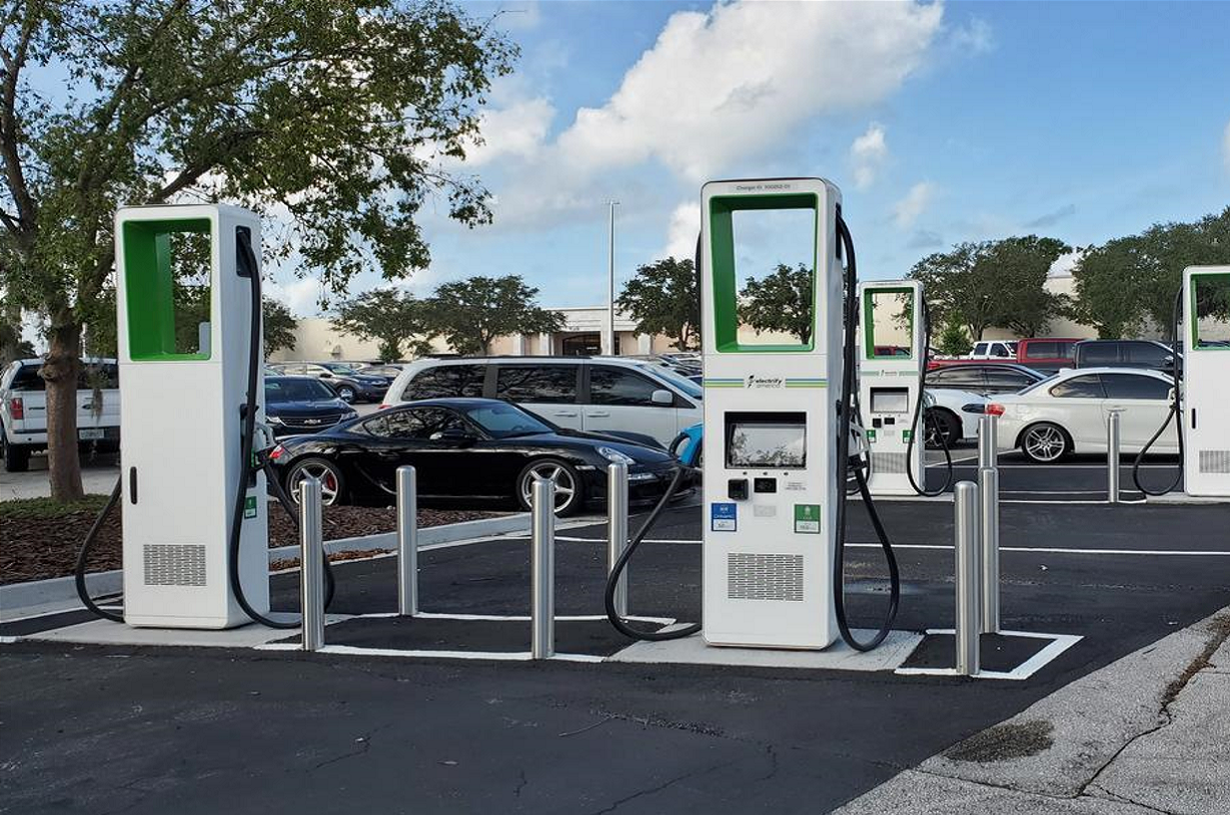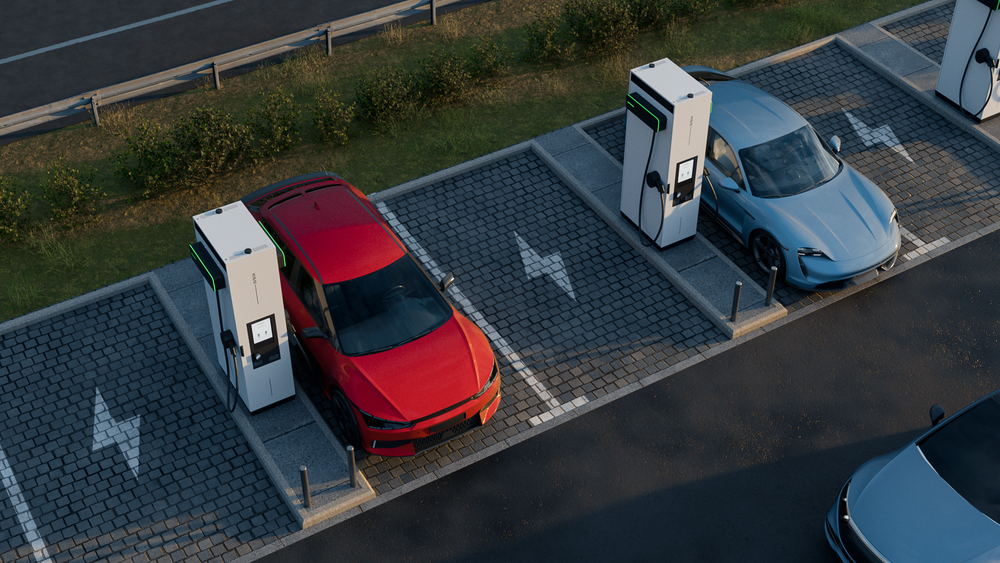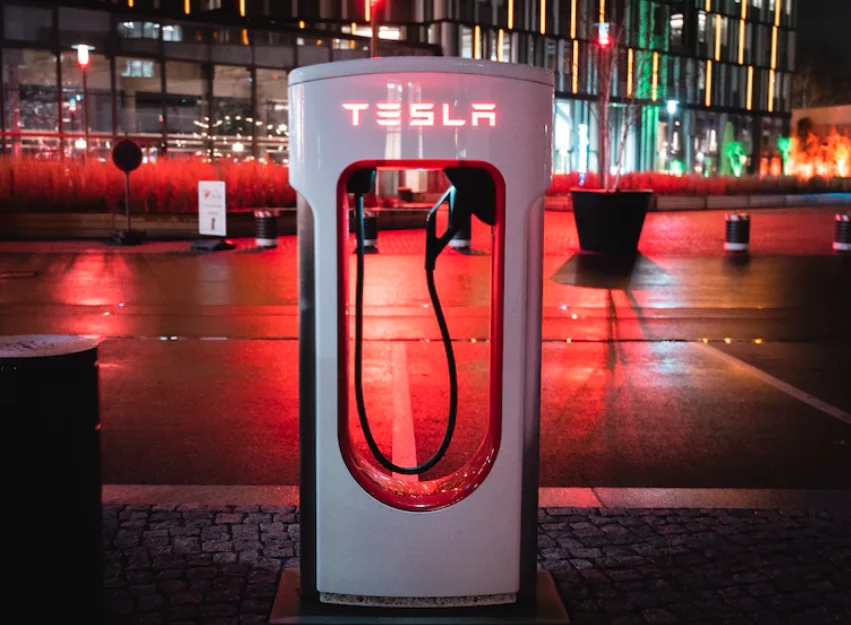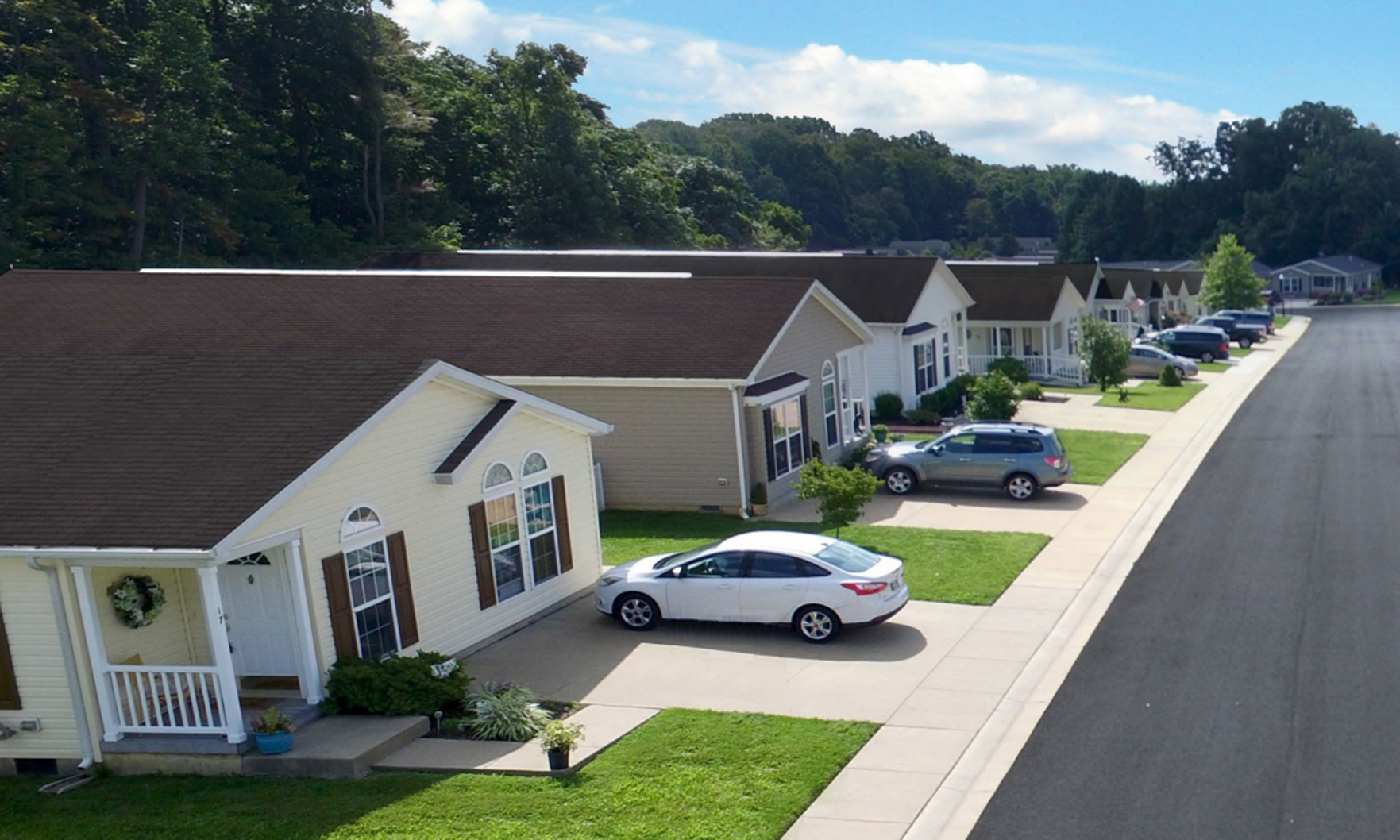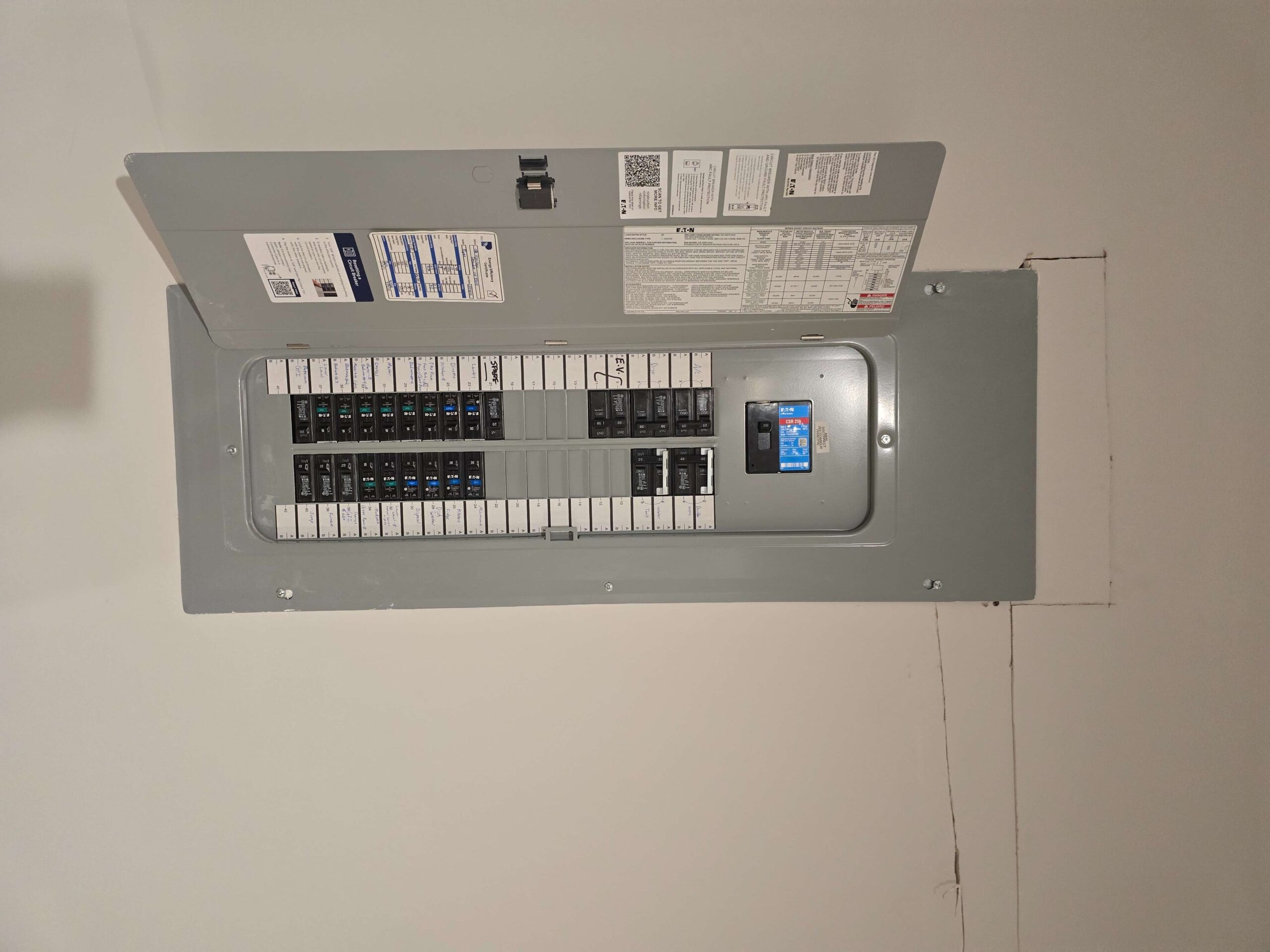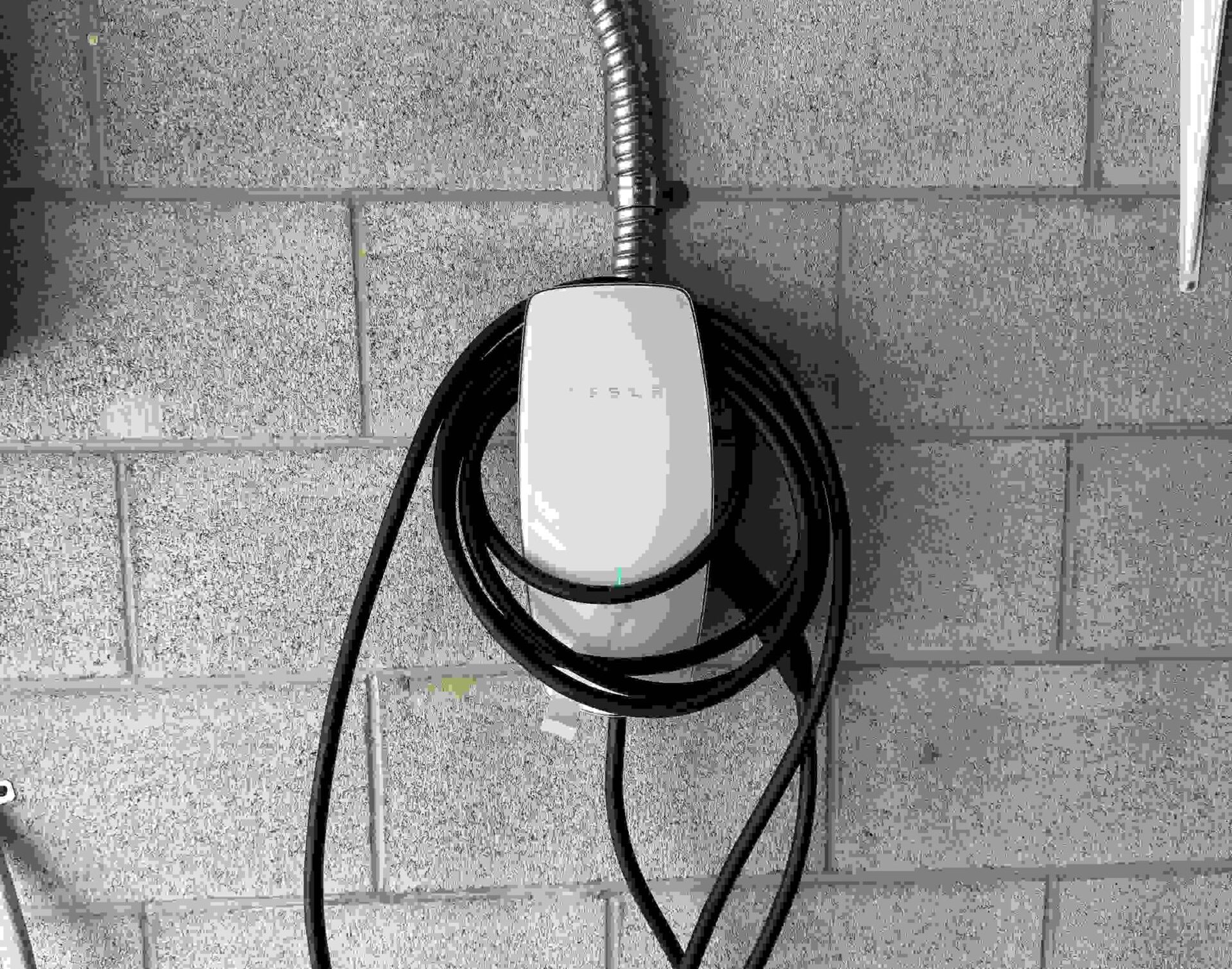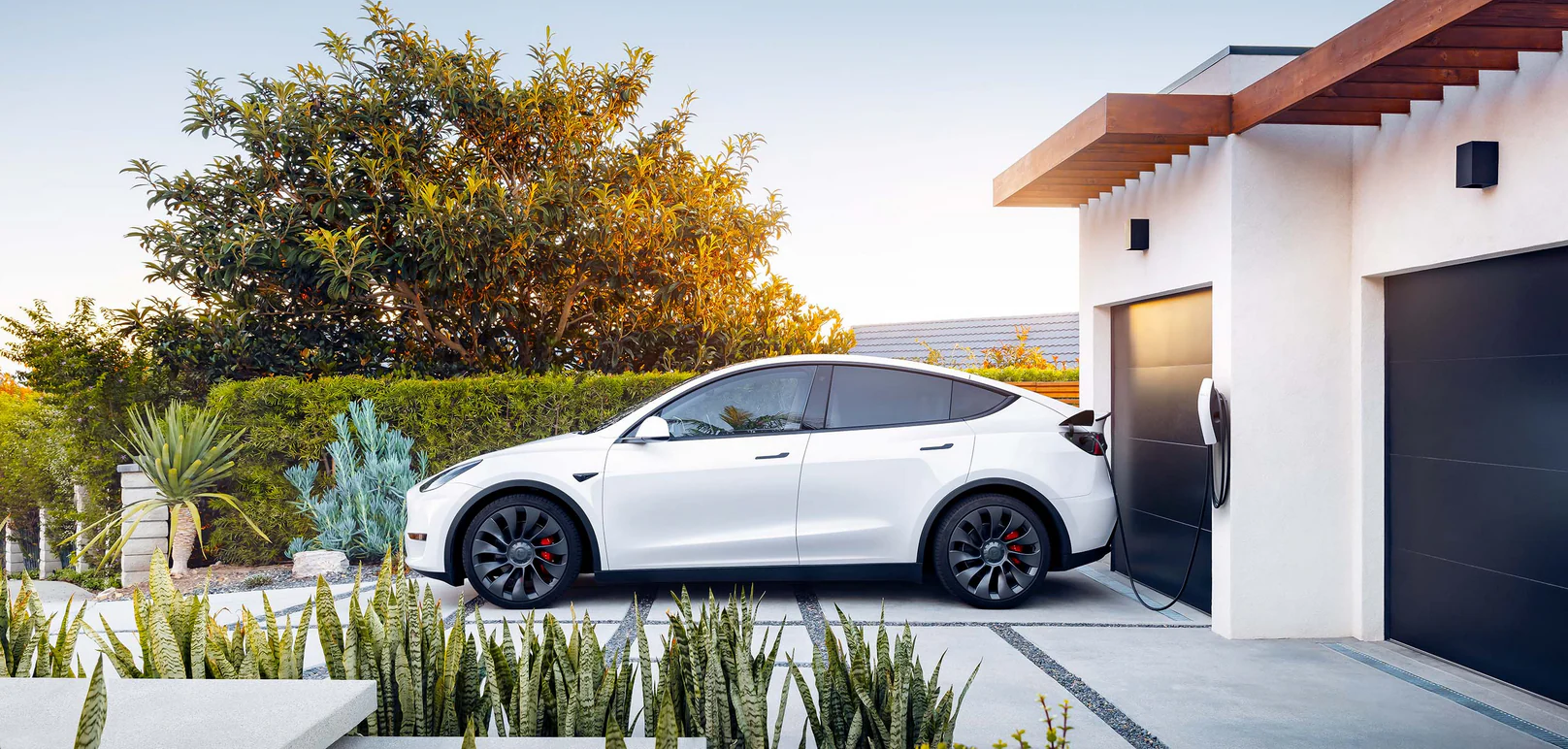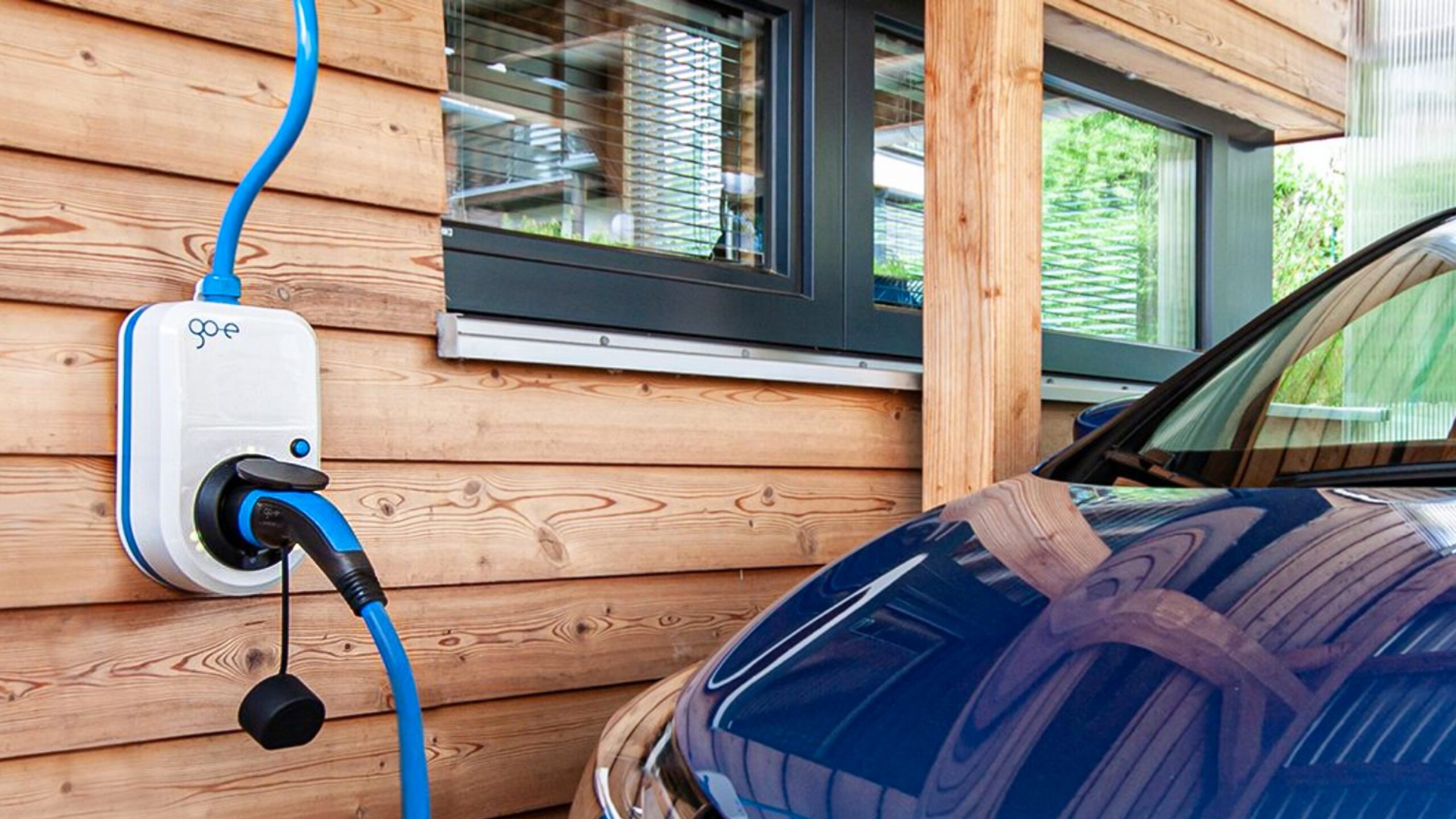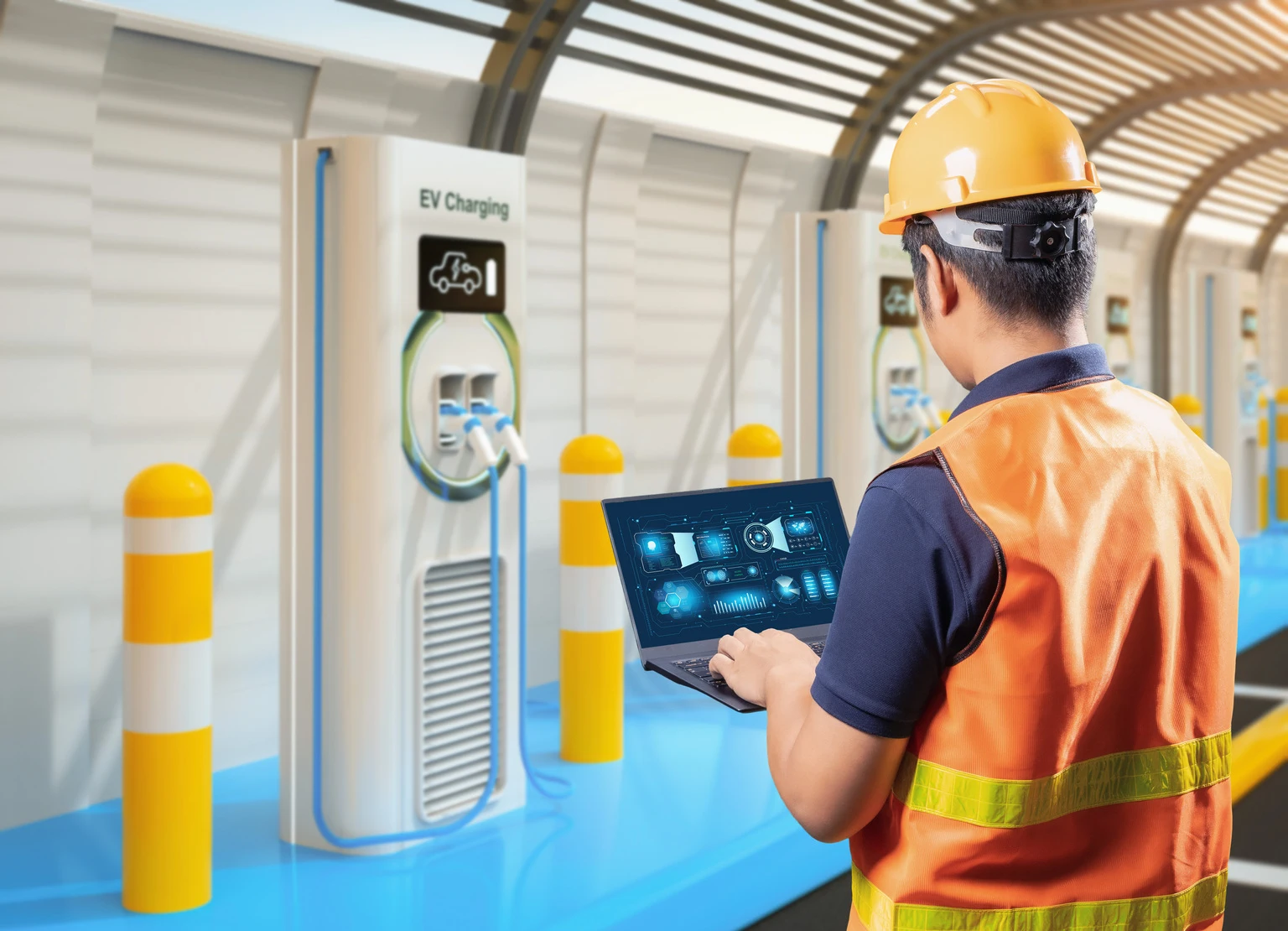
You’ve just driven your new electric vehicle home to Columbus, filled with that same excitement and pride that comes with any major technological upgrade. You’re ready to embrace the future, but there’s one crucial step standing between you and effortless home charging: finding the right professional to install your charger.
In your search, you might be wondering, “Can’t any electrician handle this?” It’s a reasonable question. The answer could mean the difference between a safe, reliable charging system and a potential disaster lurking in your garage.
The truth is, when it comes to protecting your $40,000+ vehicle and, more importantly, your family’s safety, you don’t just need an electrician—you need a certified electrician for EV charger installation who understands the unique demands of this technology.
At Electric Medic, we’ve seen the aftermath of well-intentioned but unqualified installations in homes across Gahanna, Dublin, and Worthington, from melted outlets and tripped breakers to more serious electrical hazards that put entire households at risk.
Your EV charger isn’t just another appliance; it’s a high-power device that will draw more continuous electricity than almost anything else in your home, often for hours at a time. This isn’t a job for a handyman, a general contractor, or even a residential electrician who hasn’t specifically trained in EV systems. The stakes are simply too high!
This comprehensive guide will walk you through exactly why certification and specialized experience matter so much for this particular installation. We’ll explore the hidden risks of improper installations, break down what “certified” actually means in this context, and give you a clear checklist for vetting the right professional for your Columbus home.
Your investment in an electric vehicle represents progress—make sure your charging installation matches that same standard of excellence and safety.
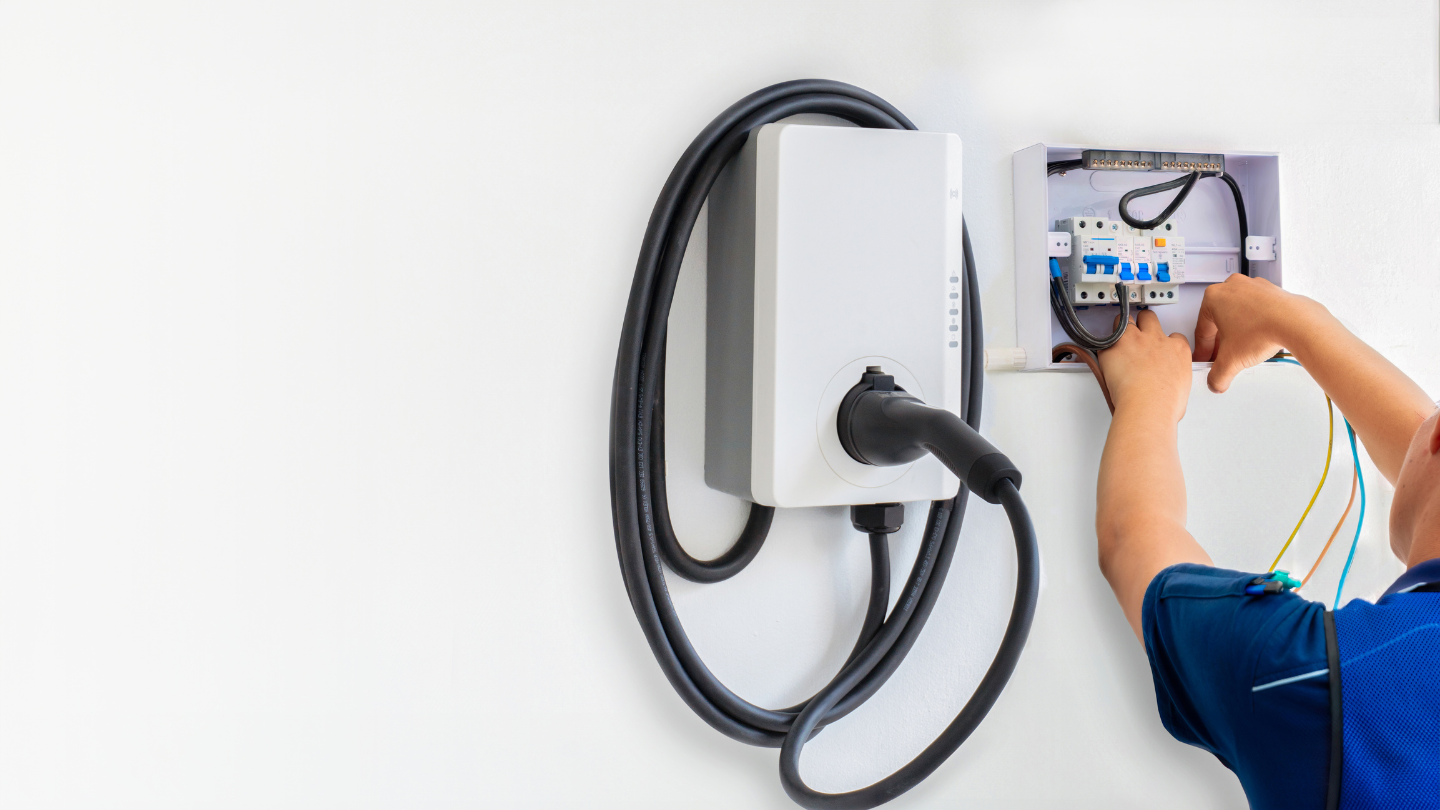
The Hidden Dangers of an Improper EV Charger Installation
Many homeowners underestimate the complexity of EV charger installation, viewing it as simply “adding another outlet.” Nothing could be further from the truth. Here are the very real risks that come with hiring an uncertified or inexperienced electrician.
Fire Hazards: The Overlooked Threat in Your Walls
The most severe risk of an improper installation is electrical fire. Unlike a standard outlet that sees intermittent use, an EV charger operates at maximum capacity for extended periods—often 6-8 hours continuously overnight.
What goes wrong with uncertified installations:
- Incorrect Wire Sizing: A certified electrician for EV charger installation knows that continuous loads require specific wire gauges. An uncertified installer might use wire that’s too thin for the sustained amperage, causing it to overheat inside your walls.
- Loose Connections: EV charging creates thermal expansion and contraction at connection points. Without proper torque specifications (which certified electricians follow), connections can loosen over time, creating arcing and extreme heat.
- Improper Breaker Selection: Standard breakers aren’t always suitable for the continuous duty cycle of EV charging. Certified electricians understand when to use specific types of breakers designed for this purpose.
Damage to Your Electric Vehicle’s Battery System
Your EV’s battery represents the most expensive component of your vehicle, and it relies on a clean, stable power supply during charging.
Improper wiring or inadequate electrical service can cause voltage drops or spikes that may stress your vehicle’s onboard charging equipment over time.
- Voltage Fluctuations: Improper wiring or inadequate electrical service can cause voltage drops or spikes that may stress your vehicle’s onboard charging equipment over time.
- Grounding Issues: Proper grounding is crucial for any electrical installation, but especially for high-power EV chargers. Faulty grounding can potentially damage sensitive electronics in your vehicle.
- Communication Errors: Many modern EV chargers communicate with your vehicle to optimize charging. Incorrect installation can disrupt this communication, leading to reduced charging efficiency or complete failure to charge.
Voided Warranties and Insurance Complications
This practical consideration often surprises homeowners who discover the hidden costs of cutting corners.
Most EV charger manufacturers require professional installation by a licensed electrician to maintain their warranty coverage. If an issue arises and the manufacturer discovers an improper installation, they may deny your warranty claim.
- Manufacturer Warranties: Most EV charger manufacturers require professional installation by a licensed electrician near me to maintain their warranty coverage. If an issue arises and the manufacturer discovers an improper installation, they may deny your warranty claim.
- Homeowner’s Insurance: If an electrical fire originates from an improperly installed EV charger, your insurance company may investigate whether the work was permitted and performed by a licensed professional. Unpermitted work could lead to denied claims, leaving you responsible for extensive damage.
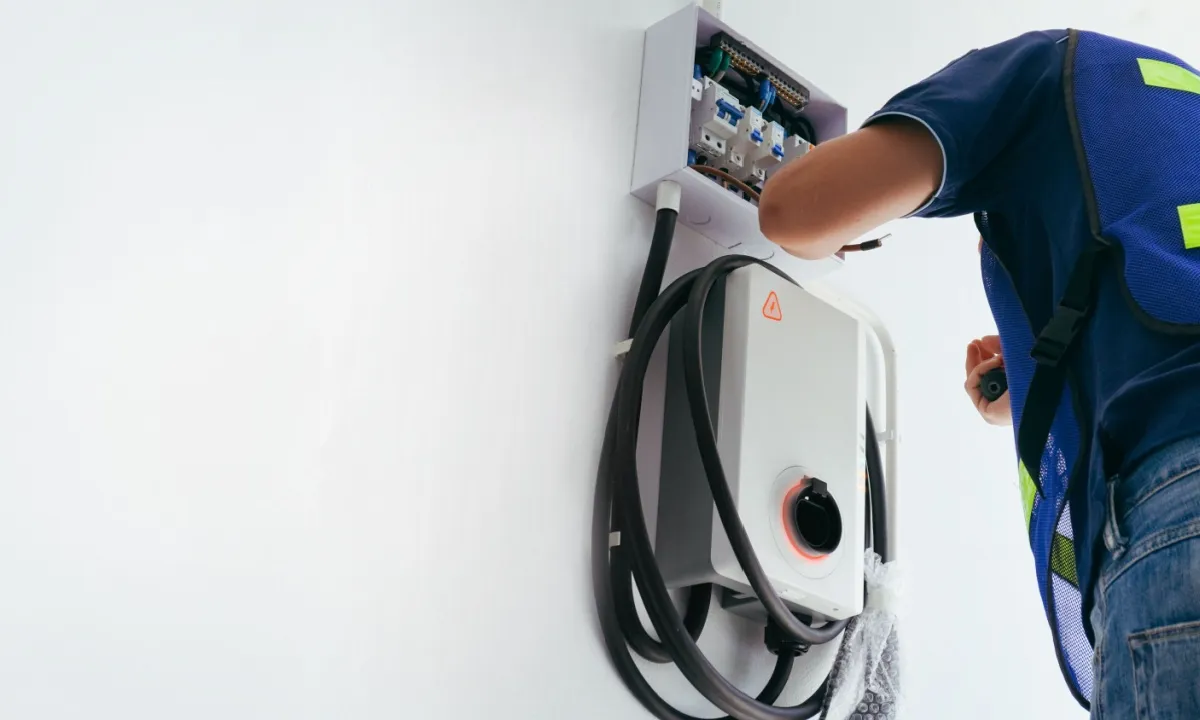
What “Certified” Really Means in EV Charger Installation
The term “certified” gets used loosely in the trades, but for EV charger installation, it encompasses specific qualifications that directly impact the quality and safety of your installation.
Beyond Basic Licensing: Specialized Training Matters
While any electrician operating in Columbus should hold a state license, a certified electrician for EV charger installation typically has:
- Manufacturer-Specific Training: Many top EV charger manufacturers (like Tesla, ChargePoint, and JuiceBox) offer specialized certification programs that teach electricians the nuances of their specific equipment.
- EVITP Certification: The Electric Vehicle Infrastructure Training Program provides comprehensive training on the entire ecosystem of EV charging, including electrical codes, load calculations, and best practices.
- Ongoing Education: Electrical codes evolve, especially in the rapidly changing EV space. Certified electricians commit to continuing education to stay current with the latest requirements.
The Critical Importance of Local Knowledge
A certified electrician with local experience brings invaluable knowledge that generic online tutorials or out-of-town electricians lack:
- Columbus and Ohio Electrical Codes: While the National Electrical Code provides baseline requirements, Columbus and surrounding municipalities often have additional local amendments. A local certified electrician knows these intimately.
- Utility Company Requirements: AEP Ohio has specific requirements for EV charger installations, particularly regarding meter and panel upgrades. Local electricians understand how to navigate these requirements efficiently.
- Climate Considerations: Central Ohio’s seasonal extremes—from humid summers to freezing winters—affect outdoor installations. Certified local electricians understand how to weatherproof installations properly for our specific climate.
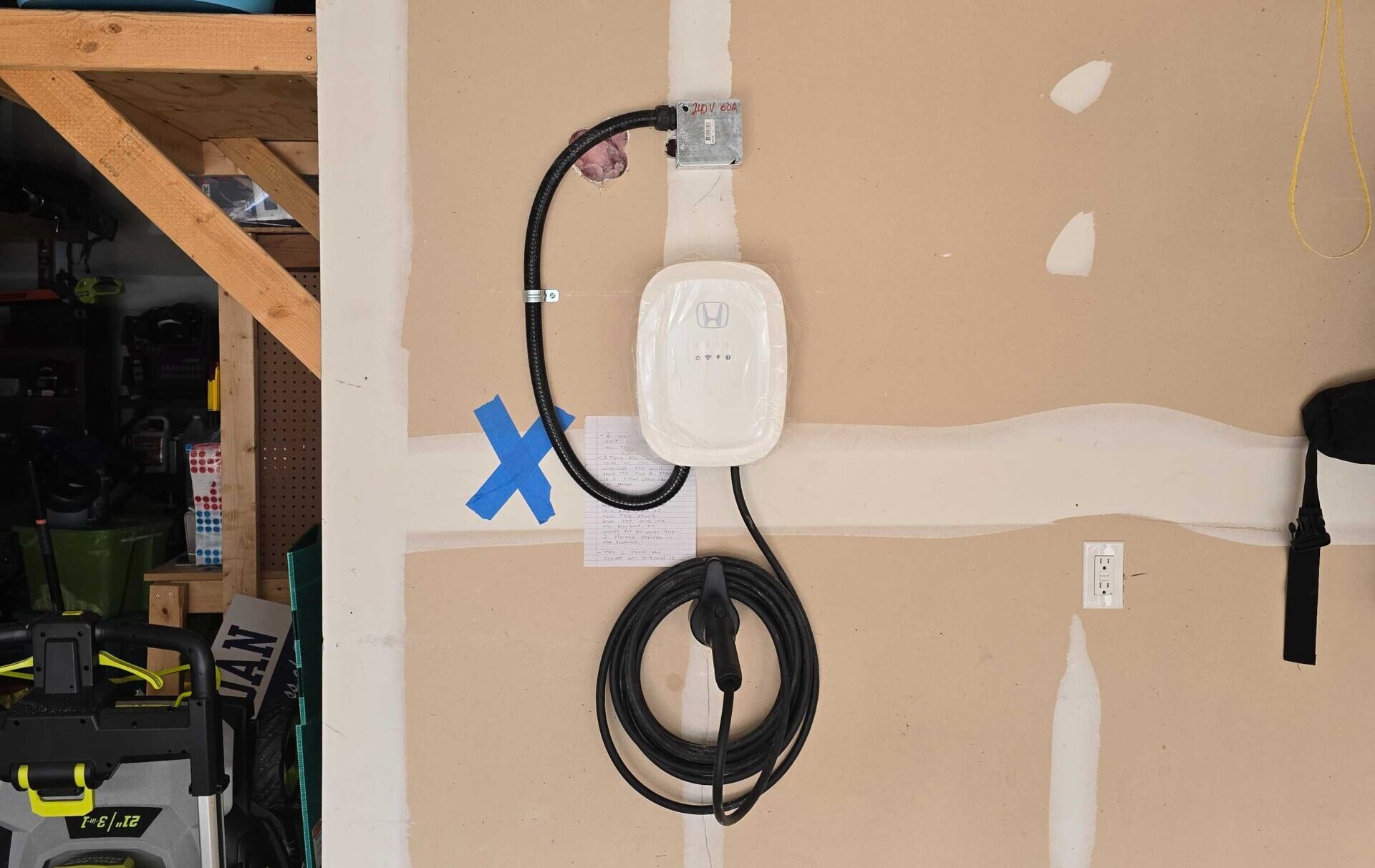
The Certified Installation Difference: A Step-by-Step Comparison
To understand why certification matters, let’s compare how a certified versus uncertified electrician might approach the same installation in a Powell or New Albany home.
The Uncertified Approach:
- Looks at the installation location
- Runs the shortest cable path
- Installs the charger
- Tests that it powers on
- Collects payment and leaves
The Certified Electrician for EV Charger Installation Process:
Phase 1: Comprehensive Assessment
- Load Calculation: Performs a detailed analysis of your home’s electrical usage to ensure your panel can handle the additional load.
- Panel Inspection: Checks the age, condition, and brand of your electrical panel (identifying known hazards like Federal Pacific or Zinsco panels).
- Circuit Mapping: Determines the optimal circuit path while minimizing disruption to your home.
- Permit Research: Verifies local permit requirements and includes permitting in the project scope.
Phase 2: Meticulous Installation
- Proper Wire Sizing: Selects the correct wire gauge based on the circuit length and amperage, following NEC guidelines for continuous loads.
- Correct Connections: Uses calibrated torque screwdrivers to ensure all connections meet manufacturer specifications.
- Conduit and Protection: Installs appropriate conduit for protection and uses weatherproof fittings for outdoor installations.
- Labeling and Documentation: Clearly labels all components and provides detailed documentation for future reference.
Phase 3: Testing and Verification
- Voltage and Ground Testing: Uses specialized equipment to verify proper voltage, grounding, and GFCI protection.
- Thermal Imaging: May use thermal cameras to identify hot spots that indicate loose connections.
- Charging Test: Verifies the charger communicates properly with your vehicle and operates at expected speeds.
- Final Inspection: Coordinates with local building department for the required final inspection.
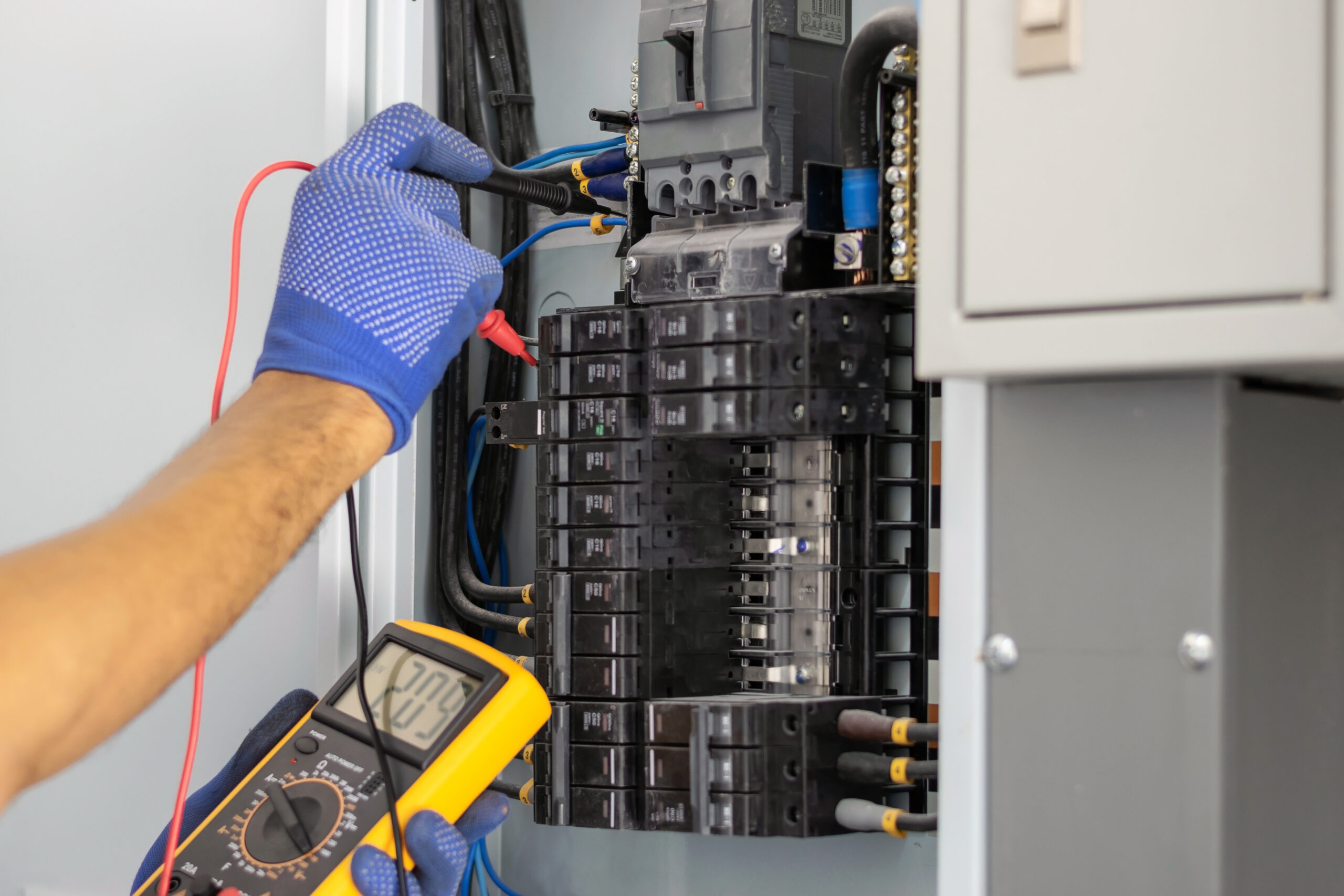
How to Verify Your Electrician’s Qualifications
Don’t just take an electrician’s word that they’re qualified for EV charger installation. Here’s your checklist for vetting a true certified electrician for EV charger installation in the Columbus area:
Essential Questions to Ask:
- “Are you specifically certified by any EV charger manufacturers?”
- “How many EV charger installations have you completed in the past year?”
- “Will you pull the required permits for this installation?”
- “Do you carry both liability insurance and workers’ compensation?”
- “Can you provide references from recent EV charger installations?”
Red Flags to Watch For:
- No Permit Discussion: If they don’t mention permits, they’re likely cutting corners.
- Cash-Only Deals: Legitimate businesses provide invoices and accept various payment methods.
- Vague Answers About Certification: Qualified electricians are proud to share their specific certifications.
- Pressure to Skip “Unnecessary” Steps: Safety steps are never unnecessary.
The Electric Medic Difference: Certified Excellence in Central Ohio
At Electric Medic, we’ve made a commitment to being Central Ohio’s premier certified electrician for EV charger installation. Our team maintains ongoing certifications with leading EV charger manufacturers and completes regular training on the latest electrical codes and installation techniques.
What sets us apart:
- Local Expertise: We understand the specific requirements of Columbus, Dublin, Westerville, and all surrounding communities.
- Comprehensive Service: From the initial load calculation to final inspection, we handle every detail.
- Quality Assurance: We stand behind our work with robust warranties and exceptional customer service.
- Safety First: We never cut corners on safety, because we’re installing these chargers in communities where our own families live.
FAQ: Certified EV Charger Installation in Columbus
Q1: What’s the difference between a licensed electrician and a certified electrician?
A: All certified electricians should be licensed, but not all licensed electricians have specific EV certification. Licensing indicates meeting state minimum requirements, while certification demonstrates specialized training in EV systems specifically.
Q2: How much more does it cost to hire a certified electrician?
A: The investment is typically 10-20% more than hiring an uncertified installer, but this premium includes proper permitting, insurance, and expertise that protects your much larger investments in your home and vehicle.
Q3: Can I install my EV charger myself to save money?
A: We strongly advise against DIY installation. Beyond the safety risks, you may void your charger’s warranty, create insurance complications, and potentially miss out on utility rebates that require professional installation.
Q4: How long does a professional EV charger installation take?
A: Most installations take 4-8 hours, but the timeline can extend if your electrical panel needs upgrading. A certified electrician will identify this need during the initial assessment.
Q5: What certifications should I look for in an EV charger electrician?
A: Look for manufacturer-specific certifications (Tesla, ChargePoint, etc.), EVITP certification, and evidence of ongoing education in EV technology. Don’t hesitate to ask for proof of these qualifications.
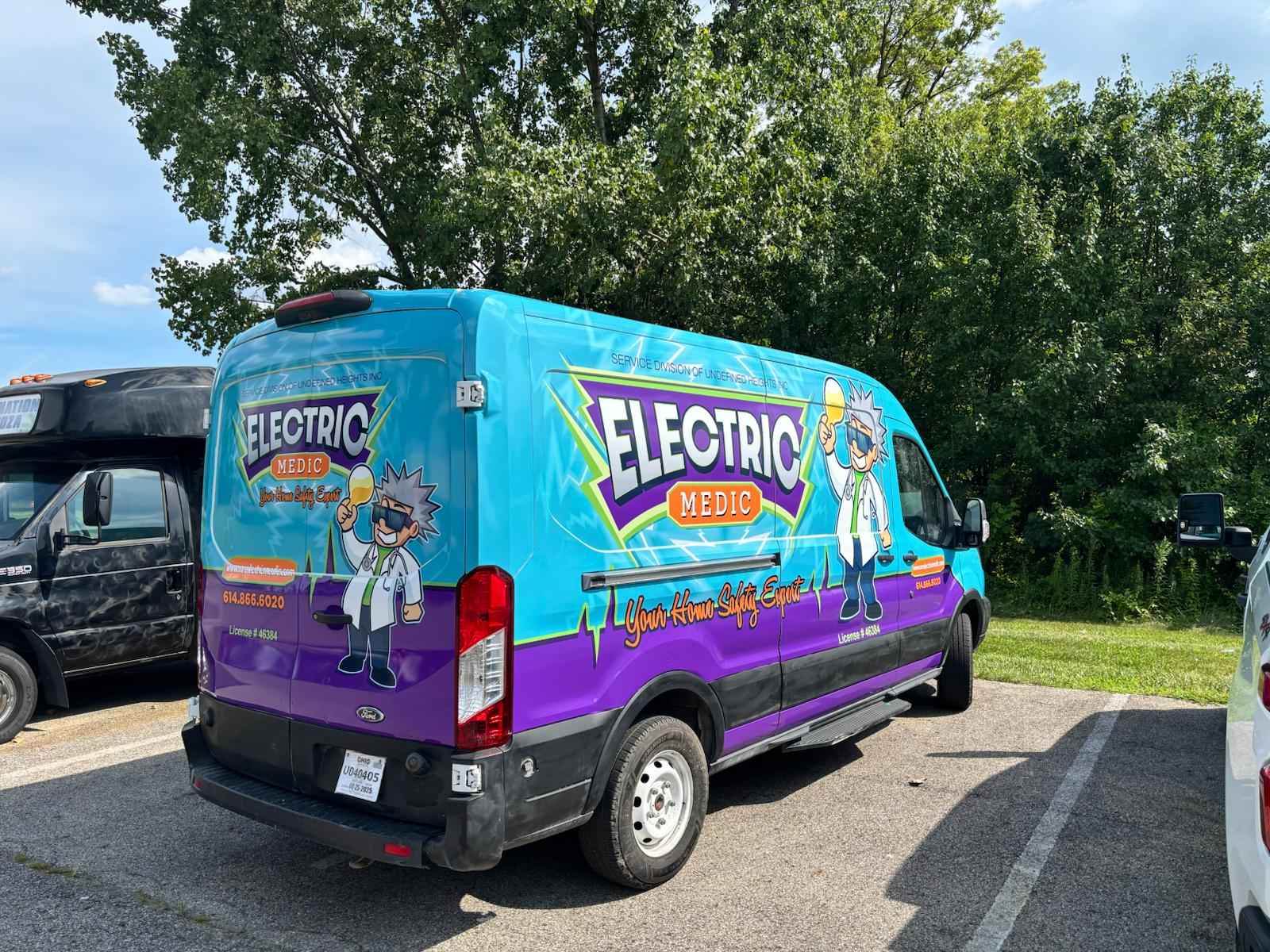
Ready for a Safe, Certified EV Charger Installation? Trust the Experts.
Your electric vehicle represents the cutting edge of automotive technology. Doesn’t it deserve an installation that matches that same standard of excellence? Don’t gamble with your safety or your investment by trusting such a critical installation to anything less than a certified electrician for EV charger installation.
The team at Electric Medic brings the specialized training, local knowledge, and commitment to quality that your home and vehicle deserve. We’re proud to serve homeowners across Columbus, New Albany, Powell, and all of Central Ohio with safe, reliable, and code-compliant EV charger installations.
Contact Electric Medic today to schedule your consultation with a certified EV charger expert. Let’s ensure your transition to electric driving is both exciting and safe.

